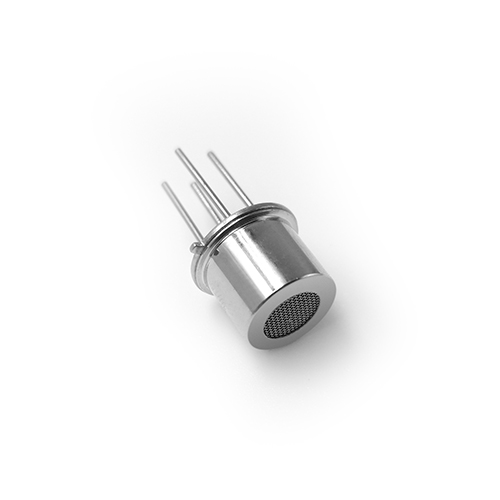How does the methane gas sensor work?
Methane is a colorless, odorless, flammable and explosive gas and is the main component of natural gas. Methane leaks can cause serious safety accidents such as fires and explosions. A methane sensor is a gas sensor used to detect methane gas and plays an important role in keeping us safe.

Application fields of methane sensors
Mine safety: Methane is a common flammable and explosive gas in mines. Methane sensors are Combustible Sensors that can be used for mine safety monitoring, detect methane leaks in time, and issue alarms to prevent mine fires and explosions.
Oil and gas field safety: Methane is a common associated gas in the development process of oil and gas fields. Methane sensors can be used for safety monitoring of oil and gas fields to detect methane leaks in a timely manner and take corresponding measures to prevent fires and explosions in oil and gas fields.
City gas safety: Methane is the main component of city gas. Methane sensors can be used for safety monitoring of city gas pipeline networks to detect methane leaks in a timely manner and take corresponding measures to prevent city gas fires and explosions.
Other fields: Methane sensors can also be used for safety monitoring in other fields, such as chemical plants, landfills, tunnels, etc.

How does the methane gas sensor work?
Electrochemical formula: Electrochemical gas sensor uses methane to react with electrodes to produce current changes to detect methane.
Thermal conductivity: The thermal conductivity gas sensor uses the difference in methane’s ability to absorb heat to detect methane.
Optical: Optical gas sensors use the difference in methane’s ability to absorb light to detect methane.

The safety and security role of methane sensors
Methane sensors play an important role in ensuring our safety, mainly in the following aspects:
Timely detection of methane leaks: Methane sensors can monitor methane concentration in real time. When the methane concentration reaches a certain threshold, the sensor will sound an alarm to remind staff to take timely measures to prevent accidents.
Reduce casualties: Methane leaks can cause fires, explosions and other accidents, resulting in casualties. Methane sensors can detect methane leaks in time and sound an alarm, giving personnel enough time to evacuate the scene and reducing casualties.
Reduce property losses: Methane leaks can cause fires, explosions and other accidents, resulting in property losses. Methane sensors can detect methane leaks in time and sound alarms, allowing staff to take timely measures to reduce property losses.

How to choose a methane sensor
In order to ensure that the methane sensor can play its due safety role, the following points should be noted when using the methane sensor:
Choose the appropriate methane sensor: The type and performance of the methane sensor should be selected according to the actual application.
Regular maintenance: The methane sensor should be maintained regularly to ensure its normal operation.
Make an emergency plan: When the methane sensor fails, an emergency plan should be made to prevent accidents.
All in all, methane sensors are an important tool to ensure our safety and have been widely used in mines, oil and gas fields, city gas and other fields. By using methane sensors correctly, we can effectively reduce the occurrence of safety accidents and protect our personal and property safety.





